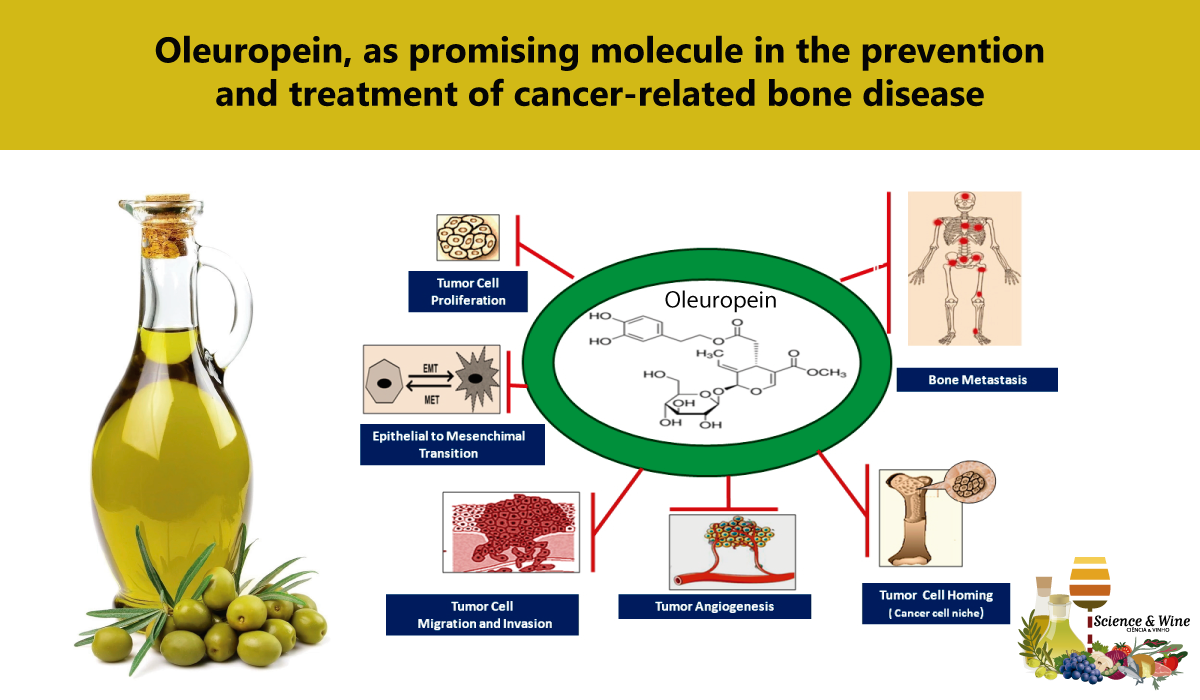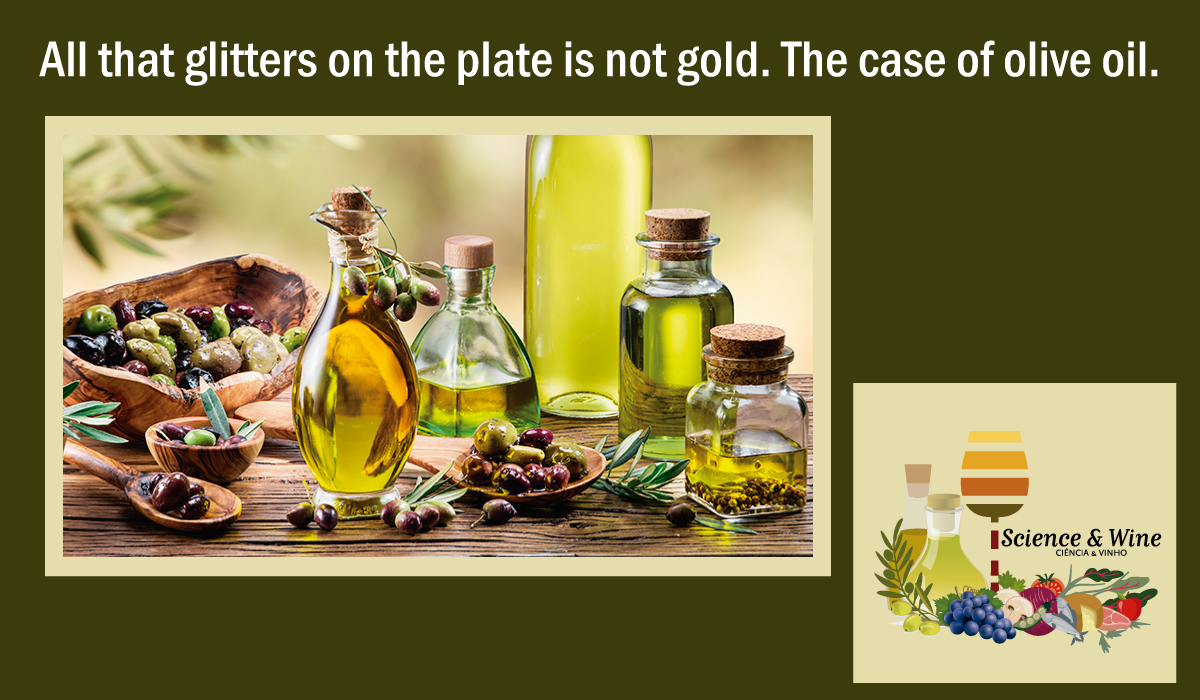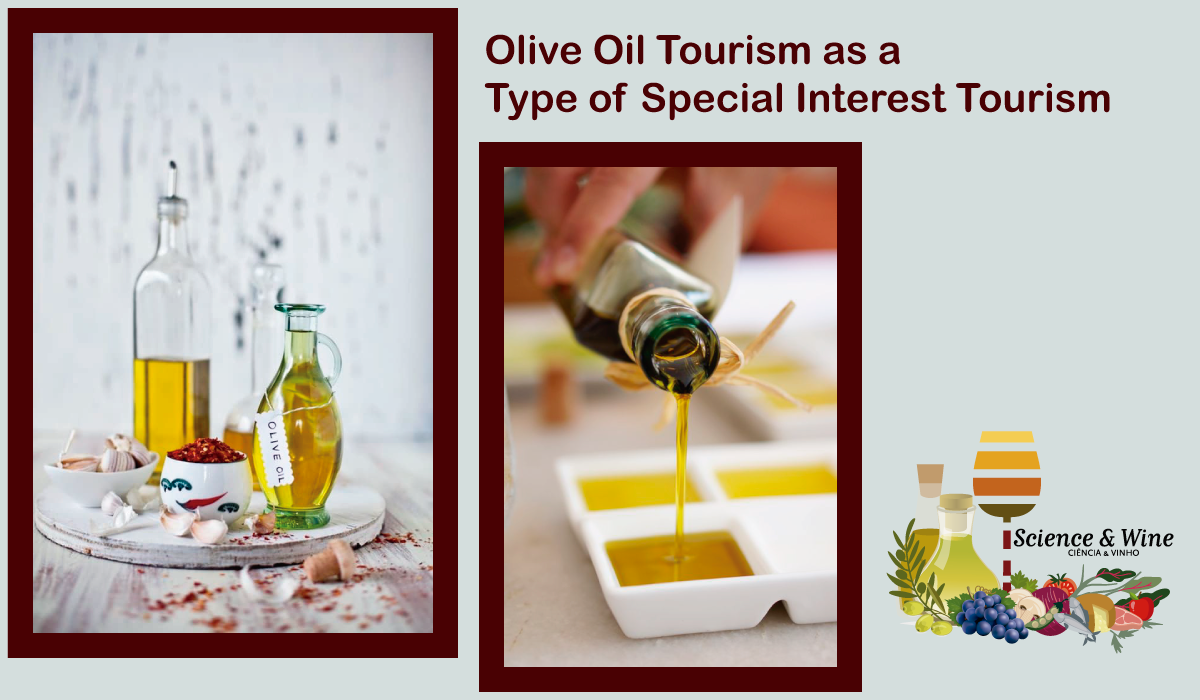Oleuropein (Ole) is the main bioactive phenolic compound present in olive leaves, fruits, and olive oil. This molecule has been shown to exert beneficial effects on several human pathological conditions. Recent preclinical and observational studies have provided evidence that Ole exhibits chemo-preventive effects on different types of human tumours. This post summarizes paper a review paper about the molecular mechanisms and the experimental findings underpinning a possible clinical role of Ole in the prevention and development of cancer-related bone diseases.
The Mediterranean diet is now well known worldwide and recognized as a nutrition reference model by the World Health Organization. Virgin olive oil, prepared from healthy and intact fruits of the olive tree only by mechanical means, is a basic ingredient, a real pillar of this diet. Its positive role in health has now been a topic of universal concern. The virtues of natural olive oil, and especially of extra virgin olive oil, are related to the quality of the fruits, the employment of advanced technologies, and the availability of sophisticated analytical techniques that are used to control the origin of the fruits and guarantee the grade of the final product. Read more about olive oil in this post written by Maria Lisa Clodoveo and Dimitrios Boskou.
The present post reports the results of a trial designed to test the possible beneficial effect on skin toxicity of anthocyanins derived from purple corn cobs in breast cancer patients undergoing radiotherapy.
Hydroxytyrosol can be extracted from olive leaves and oil and is being proposed as dietary supplement or component of functional foods. This post reports some data showing hydroxytyrosol potential neuroprotective actions in Alzheimer´s disease.
The intake of olive oil enriched with phenolic compounds promotes ex vivo HDL-mediated macrophage cholesterol efflux in humans. Data provide direct evidence of the crucial role of olive oil PCs in the induction of macrophage-specific reverse cholesterol transport in vivo. The enrichment of olive oil with the phenolic compounds could be a way of increasing the beneficial properties of olive oil without raising its caloric content, constituting a nutraceutical strategy to enhance HDL cardioprotective properties.
Last Science & Wine post. Although increasing life expectancy and healthy aging are multifactorial concepts, the adoption of the Mediterranean lifestyle, which includes the daily consumption of olive oil is a key factor for the promotion of good health and well-being.
See the Science & Wine last post where it is reported results of an in vitro study in which it was demonstrated that high-polyphenol extra virgin olive oil had an important antioxidant capacity which helps skin cells to maintain mitochondrial function against the oxidative damage.
This is the season of tomato and Science & Wine published a post about the benefits of this fruit and its products to the heart health.
This Science & Wine post is about olive oil tourism.
Read the last post about Mediterranean Diet in Science & Wine blog.









